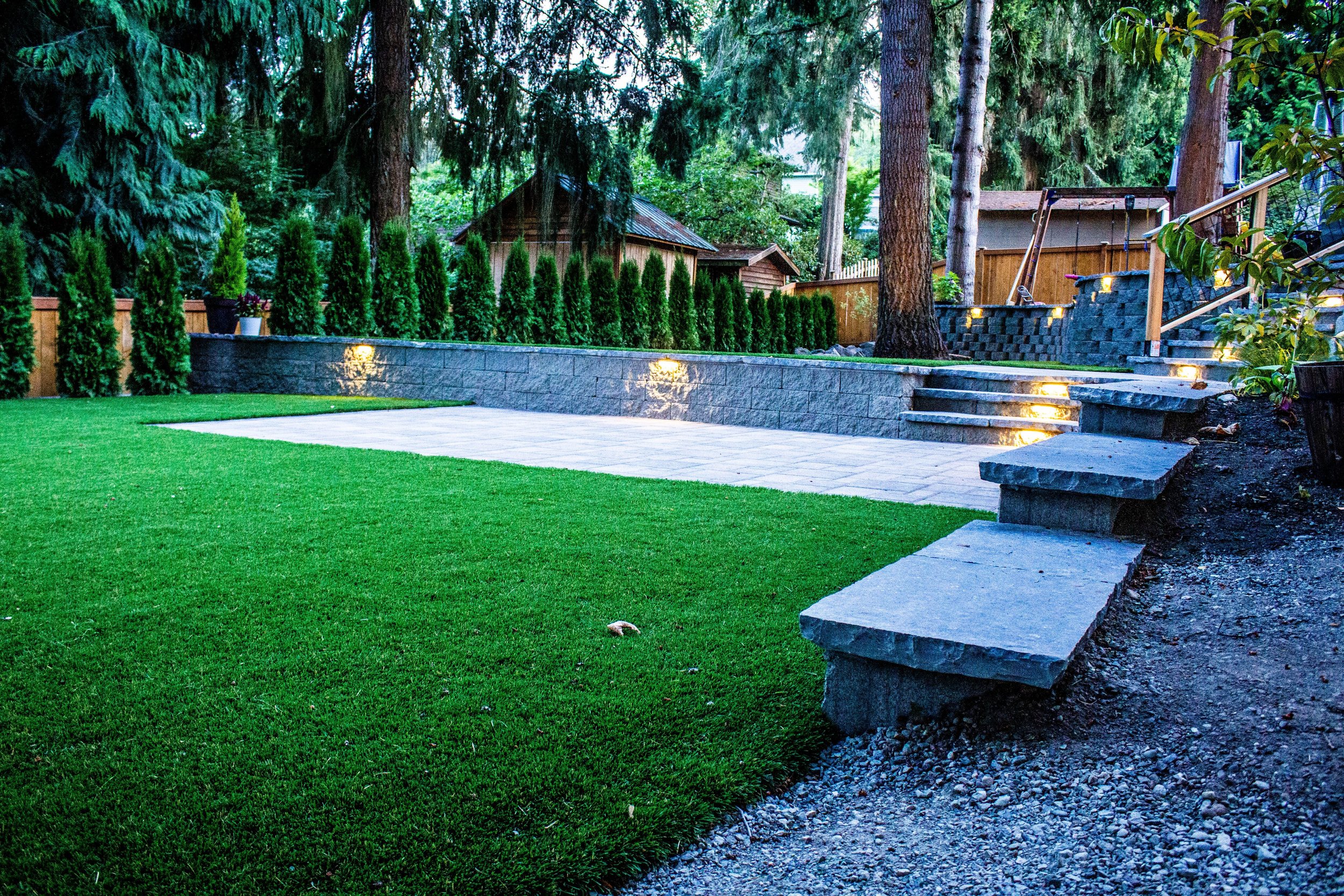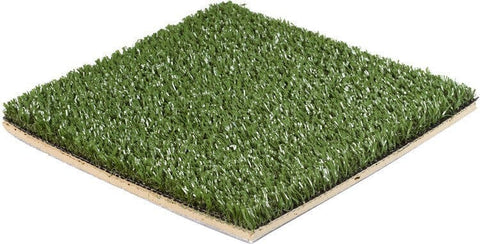Premium Arizona Turf Installation Solutions for Homes and Businesses
Premium Arizona Turf Installation Solutions for Homes and Businesses
Blog Article
Delve Into the Environmental Advantages of Opting for Synthetic Grass Solutions
The adoption of artificial grass remedies provides a compelling chance to resolve pressing ecological challenges. By dramatically reducing water usage and reducing the application of hazardous chemicals, these choices not just advertise sustainable landscaping yet also safeguard neighborhood environments.
Water Conservation Perks
One of the most significant advantages of artificial turf is its ability to preserve water. In comparison, man-made grass does not need watering, significantly lowering the general demand for water sources.
By removing the requirement for normal watering, synthetic grass adds to lasting landscape practices and aids minimize the ecological impact of too much water usage. Furthermore, the preservation of water expands to the reduction of overflow, which can lead to soil erosion and waterway contamination.
Additionally, the setup of synthetic grass allows towns and home owners to assign water sources much more effectively, concentrating on crucial uses such as drinking water and farming. The shift towards fabricated turf not just advertises liable water usage however also lines up with more comprehensive environmental objectives targeted at maintaining natural deposits.
As neighborhoods increasingly focus on sustainability, the water preservation advantages of artificial turf offer a compelling case for its fostering in property and industrial landscape design projects.
Decreased Chemical Usage
The shift to synthetic grass dramatically lowers the dependence on chemical treatments frequently used in natural lawn maintenance. Traditional turf administration usually involves the application of herbicides, plant foods, and chemicals to promote growth and control bugs. These chemicals can pose risks to human wellness, regional wildlife, and the atmosphere, adding to dirt and water contamination.
On the other hand, synthetic grass eliminates the need for these hazardous compounds. As soon as mounted, it requires very little maintenance, mostly consisting of routine cleaning and irregular infill replenishment. This decrease in chemical use not only benefits the instant atmosphere yet also contributes to more comprehensive ecological stability. By reducing the launch of synthetic substances right into the environment, synthetic grass advertises healthier dirt and water systems.
In addition, the lack of chemical drainage linked with synthetic grass installations assists shield regional waterways from pollution, sustaining marine life and keeping biodiversity. Arizona turf. As communities progressively prioritize lasting practices, going with synthetic grass offers a feasible solution that aligns with environmental conservation goals. With this shift, homeowner can delight in lavish eco-friendly rooms without endangering ecological wellness, leading the way for a much more sustainable future
Reduced Carbon Footprint

Furthermore, the setup of synthetic grass can lead to significant water preservation. Natural yards require considerable amounts of water for irrigation, which not only contributes to the carbon impact associated with water extraction and treatment yet also stress neighborhood water resources. On the other hand, fabricated turf needs marginal upkeep, calling for no watering, thus significantly reducing water usage and its connected power costs.
Additionally, the durability of synthetic grass adds to its lower carbon effect. With a lifespan of approximately 15 years or more, the requirement for constant substitutes is diminished, resulting in less waste and reduced power consumption in production and throwing away conventional turf alternatives. On the whole, synthetic grass offers a lasting alternative for eco conscious landscaping.
Habitat Conservation
Environment preservation is a vital factor to consider in the dispute over landscape design options, especially when comparing artificial turf to all-natural lawn. All-natural turf lawns commonly require substantial maintenance, consisting of using fertilizers, herbicides, and pesticides, which can adversely affect neighborhood communities. These chemicals can leach into the dirt and waterways, damaging indigenous flora and fauna and disrupting neighborhood habitats.
On the other hand, synthetic grass offers a chance to lower the ecological impact of landscaping. By choosing artificial turf, property owners can minimize the interruption of natural habitats connected with standard lawn care practices. Fabricated turf gets rid of the demand for unsafe chemicals, consequently protecting close-by wildlife and preserving the honesty of surrounding environments. The installation of fabricated turf can lead to the conversion of former lawn locations right into even more biodiverse landscapes, such as pollinator gardens or native plant areas, which can support local wildlife.
Inevitably, the transition to synthetic turf not only saves water and reduces upkeep initiatives however likewise cultivates an extra harmonious relationship in between human activities and the native environment, advertising environment conservation at the same time.
Long-Term Sustainability
Lasting sustainability is useful source a critical consider reviewing the benefits of synthetic lawn over typical yard lawns. One of one of the most significant advantages of synthetic grass is its resilience; it can last as much as 15-20 years with minimal upkeep, whereas natural lawn needs frequent reseeding and substitute. This longevity lowers the need for consistent resources, such as water, plant foods, and pesticides, which are important for maintaining a healthy and balanced turf lawn.
Additionally, synthetic grass adds to a reduction in carbon emissions connected with yard treatment devices. Typical lawns often need gas-powered lawn mowers, trimmers, and blowers, all of which add to air pollution. Turf installation phoenix az. On the other hand, fabricated grass eliminates the requirement for such tools, promoting a cleaner setting
Additionally, the manufacturing of synthetic grass progressively utilizes recycled materials, improving its sustainability account. As manufacturers adopt environment-friendly practices, the environmental footprint of synthetic grass remains to diminish.

Conclusion
The fostering of synthetic grass options presents significant ecological advantages, including considerable water conservation, reduced reliance on hazardous chemicals, and a lower carbon footprint. Man-made lawn help in preserving natural habitats by decreasing land disruption and advertising lasting sustainability through the use of resilient products. Jointly, these factors underscore the capacity of synthetic grass to add favorably to ecological health and wellness and offer a sensible option to standard landscaping techniques in a progressively resource-conscious world.
In comparison, fabricated lawn does not require watering, considerably decreasing the general demand for water sources. By lessening the launch of synthetic compounds right into the community, man-made turf advertises healthier dirt and water systems.
In addition, the installment of synthetic lawn can result in significant water preservation. In contrast, synthetic turf requires minimal maintenance, requiring no watering, thus considerably lowering water use and its connected power prices.

Report this page